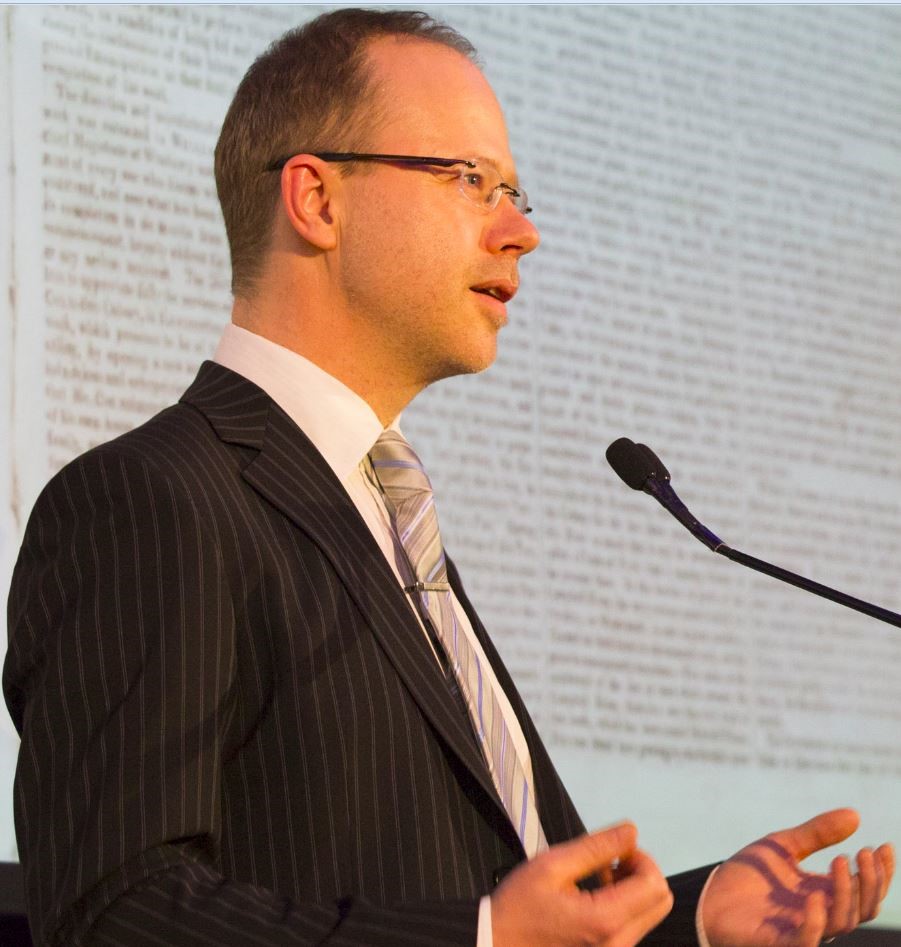By any measure biography is popular today. With films, dedicated television channels, books, magazines, and multiple forms of social media disseminating biographical information online at an unprecedented rate and feeding an ever escalating interest in the lives of real people, intense public engagement with biography may be considered a defining feature of the early-twenty-first-century cultural landscape. Not coincidentally, interest in biography has soared from the mid-1990s alongside the phenomenon of mass public access to the World Wide Web, and especially since the emergence of Web 2.0 and social media in the past decade.
National dictionaries of biography provide a compelling demonstration of the benefits of computer-assisted research methods. These online biographical dictionaries and reference resources are increasingly allowing quick access to information while providing enhanced data-rich environments for sophisticated analysis and visualization, enabling new research findings in fields of biography, prosopography, genealogy, family history, and social history more broadly. Major national dictionaries of biography have been migrated online in the last decade and a half. The American National Biography (1999), Dictionary of New Zealand Biography (2001), Dictionary of Canadian Biography (2003), and the Oxford Dictionary of National Biography (2004) were first to move online, then the Australian Dictionary of Biography (2006), followed by the Swedish, Welsh, Ulster, and Irish national biographies (a notable exception is the Diccionario Biográfico Español, 25 vols, 2011, which remains in print only [Carter 2013]). In their digital forms these dictionaries have taken different approaches (chronological and sequential volumes, as in the case of Australia and Canada, or complete series as for the American and UK examples). Their interfaces and priorities have also varied, driven by different histories, epistemologies or technical considerations (Carter 2013).
[extract]
Arthur, Paul Longley. ‘Biographical Dictionaries in the Digital Era.’ In Advancing Digital Humanities: Research, Methods, Theories, ed. Paul Longley Arthur and Katherine Bode, 83-92. Basingstoke, Hampshire: Palgrave Macmillan, 2014.






